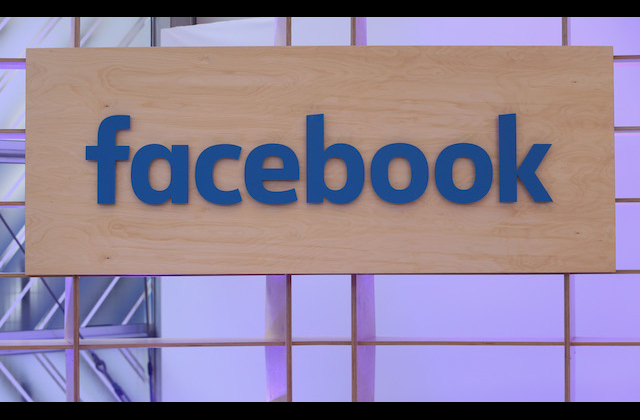While Facebook weathers criticisms for how it handles hate speech and critics, a former employee used the social media giant’s platform to critique the way it treats Black employees and users.
"I wish I didn’t have to write it," Mark Luckie told USA Today about the post he shared with all Facebook employees earlier this month, then publicly released yesterday (November 27). "I had to write what all the Black employees are saying and feeling and we don’t feel empowered to speak up about."
The post details what Luckie and other Black Facebook staffers call the company’s "Black people problem." Luckie writes that the company’s treatment of Black employees impacts both their ability to flourish professionally and the experience of Black users—a group he deems "one of the platform’s most engaged demographics and an unmatched cultural trendsetter."
The issues that the former "strategic partner manager for global influencers focused on underrepresented voices" details include: Black users’ content or accounts being indefinitely removed without notice, Black employees fielding constant questions about racism on top of their regular work, management underprioritizing diversity initiatives, colleagues calling their Black colleagues "hostile" and "aggressive" for sharing their opinions, managers dissuading Black team members from building community with each other, aggressive treatment by campus security and human resources staff gaslighting employees brave enough to raise concerns.
"Being stationed at Facebook headquarters has required a great deal of sacrifice—being cut off from family, friends and my now former fiancé, compromising my health and my sense of security," Luckie, who announced his resignation in the post, writes. "I’ve done all this willingly because I strongly believe in this company and its ability to positively impact the world. But to continue to witness and be in the center of the systematic disenfranchisement of underrepresented voices, however unintentional, is more than I’m willing to sacrifice personally. I’ve lost the will and the desire to advocate on behalf of Facebook."
Luckie’s essay also includes a list of recommendations, including an internal system for employees to report microaggressions and better strategic plans for teams to implement diversity goals.
“We’ve been working diligently to increase the range of perspectives among those who build our products and serve the people who use them throughout the world," Facebook spokesperson Anthony Harrison told Yahoo! Finance. "The growth in representation of people from more diverse groups, working in many different functions across the company, is a key driver of our ability to succeed."
Luckie also tweeted screenshots of his private messages with Vice President of Partnerships Ime Archibong, whom USA Today identifies as Facebook’s most senior Black executive. In the exchange, Archibong took issue with Luckie’s public airing of issues and questioned his sincerity and understanding of the Black experience at Facebook:
rnt
I appreciate Facebook’s response to my post calling out discrimination at the company. However, the tone is noticeably different from the only response I received from senior leadership after sharing the post internally. pic.twitter.com/S3fqT7u174
rnt— Mark S. Luckie (@marksluckie) November 27, 2018
rntArchibong responded to the tweet:
rnt
Hey, I continue to stand behind everything I said in our private conversation (btw it’s pretty disappointing to see you share our private messages without permission in a public forum).
rnt— Ime Archibong (@_ImeArchibong) November 27, 2018
rn
rnt
There’s always more work to be done — and all the folks who have been here for several years doing this work have never been shy about saying that.
rnt— Ime Archibong (@_ImeArchibong) November 27, 2018
rn
rnt
As in life, we all have diverse experiences and I can’t speak for your personal experience at FB — but your experience is not my experience and not that of many others here. For any of us to try and claim our experience is representative of all experiences here is simply false.
rnt— Ime Archibong (@_ImeArchibong) November 27, 2018
rn
rntLuckie made his post public two weeks after The New York Times reported that Facebook worked with a public relations firm to discredit organizations that criticized its hate speech monitoring practices. One of the actions involved pressing reporters to explore racial justice organization Color of Change‘s financial ties to philanthropist George Soros—a common anti-Semitic refrain. After Color of Change issued its own rebuke, Vox reported yesterday that Facebook Chief Operating Officer Sheryl Sandberg and other executives will meet with Color of Change representatives tomorrow (November 29).
rn
